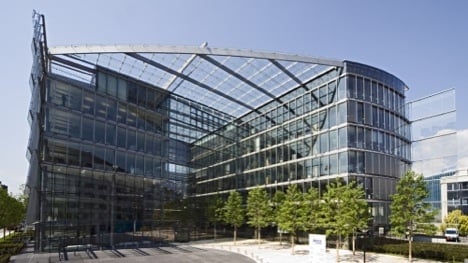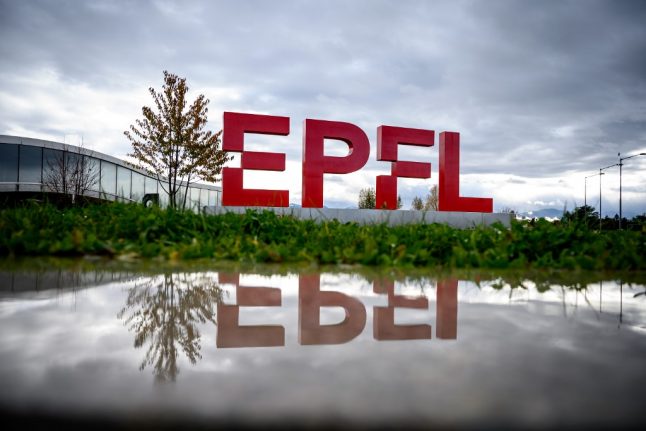The company sold the site of its subsidiary Merck Serono’s former headquarters to Campus Biotech Sarl, backed by Hansjörg Wyss, a billionaire medical device entrepreneur, and Ernesto Bertarelli, another billionaire whose family founded Serono before selling it to Merck in 2006.
A price for the building, valued at between 300 million and 450 million francs, according to the Tribune de Genève, was not announced on Wednesday when plans for the biotech centre, were confirmed at a press conference.
A consortium involving the Wyss Foundation, the Bertarelli family, the Federal Institute for Technology at Lausanne (EPFL) and the University of Geneva is involved in the project to boost biotechnology research on the site in Geneva’s Sécheron industrial area.
EPFL announced that it will receive 100 million francs from the Wyss Foundation to create with the university a Wyss Institute, similar to one established by the foundation in Boston.
The public-private project has also received support from the Swiss federal government and the canton of Geneva.
Speaking on behalf of the Wyss Foundation, Hansjörg Wyss said the Wyss Institute would be a "multidisciplinary Institute whose mission will be to develop biologically inspired solutions that will solve critical medical problems and to translate these transformative technologies into products that have an impact on society and the world.”
“We are absolutely delighted to be moving forward with Campus Biotech,” Ernesto Bertarelli said in a statement.
“We have been much encouraged by the wide support for our project which we believe will bring immense value to the Geneva Lake region and Switzerland as a whole.”
Researchers from EPFL and the university will occupy 1,500 square metres of the Sécheron site to pursue biotechnology and biomedical research.
An estimated 120 to 150 jobs are expected to be created.
Additionally, Campus Biotech aims to attract startups, industry and other businesses to use the remaining space in the complex.
Merck Serono put the Sécheron building up for sale in July 2013 after deciding to close its operations there, eliminating 1,250 jobs.



 Please whitelist us to continue reading.
Please whitelist us to continue reading.
Member comments